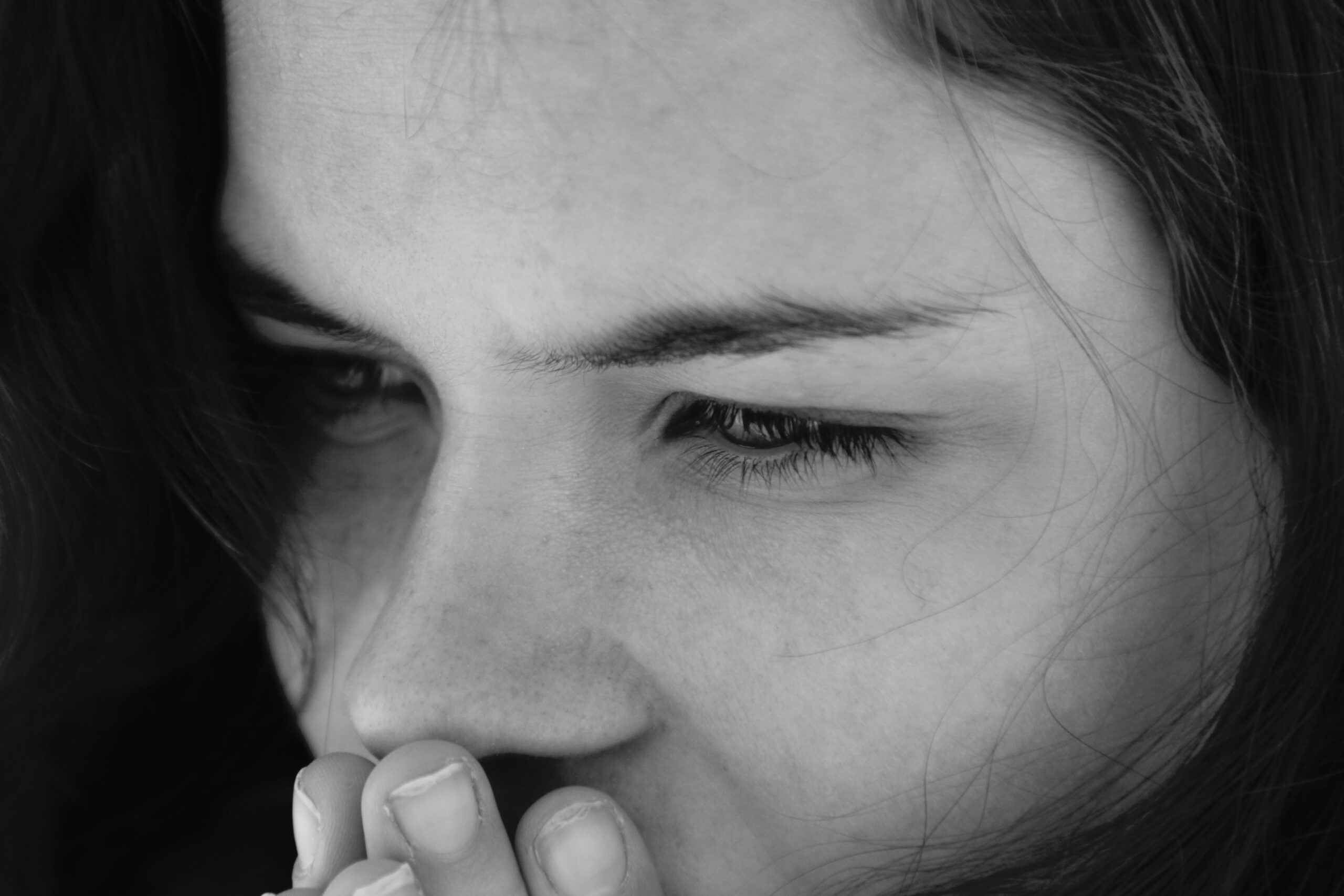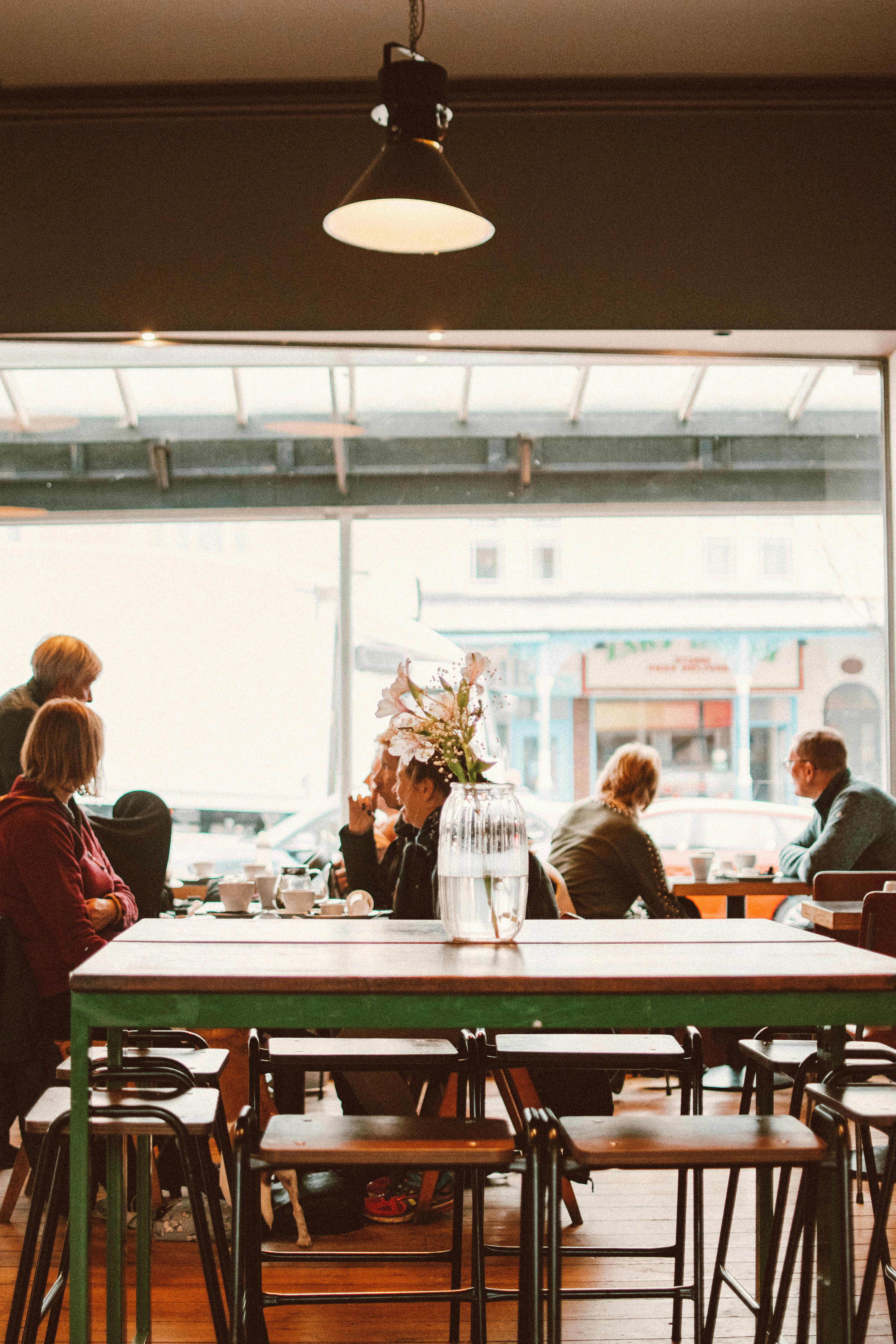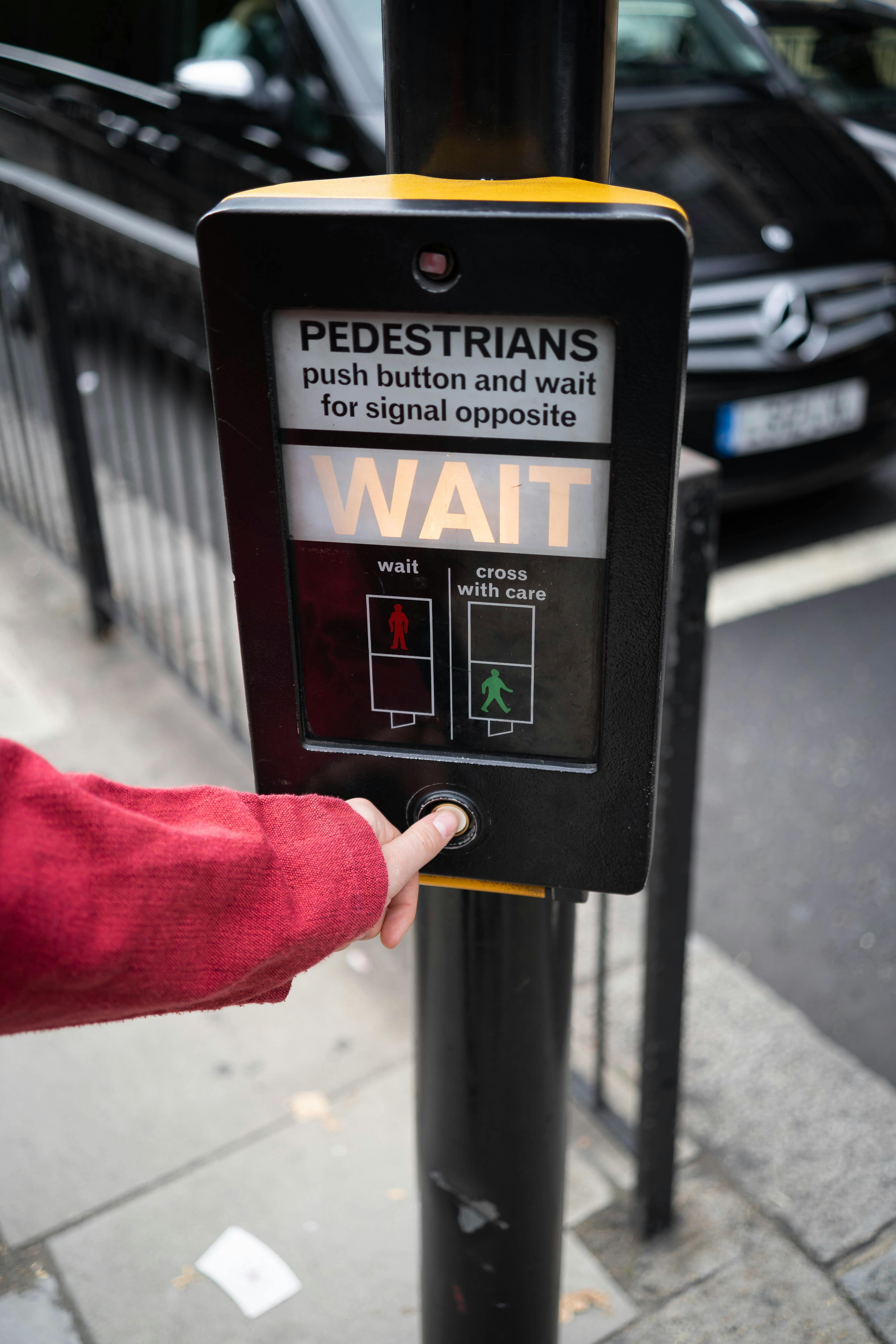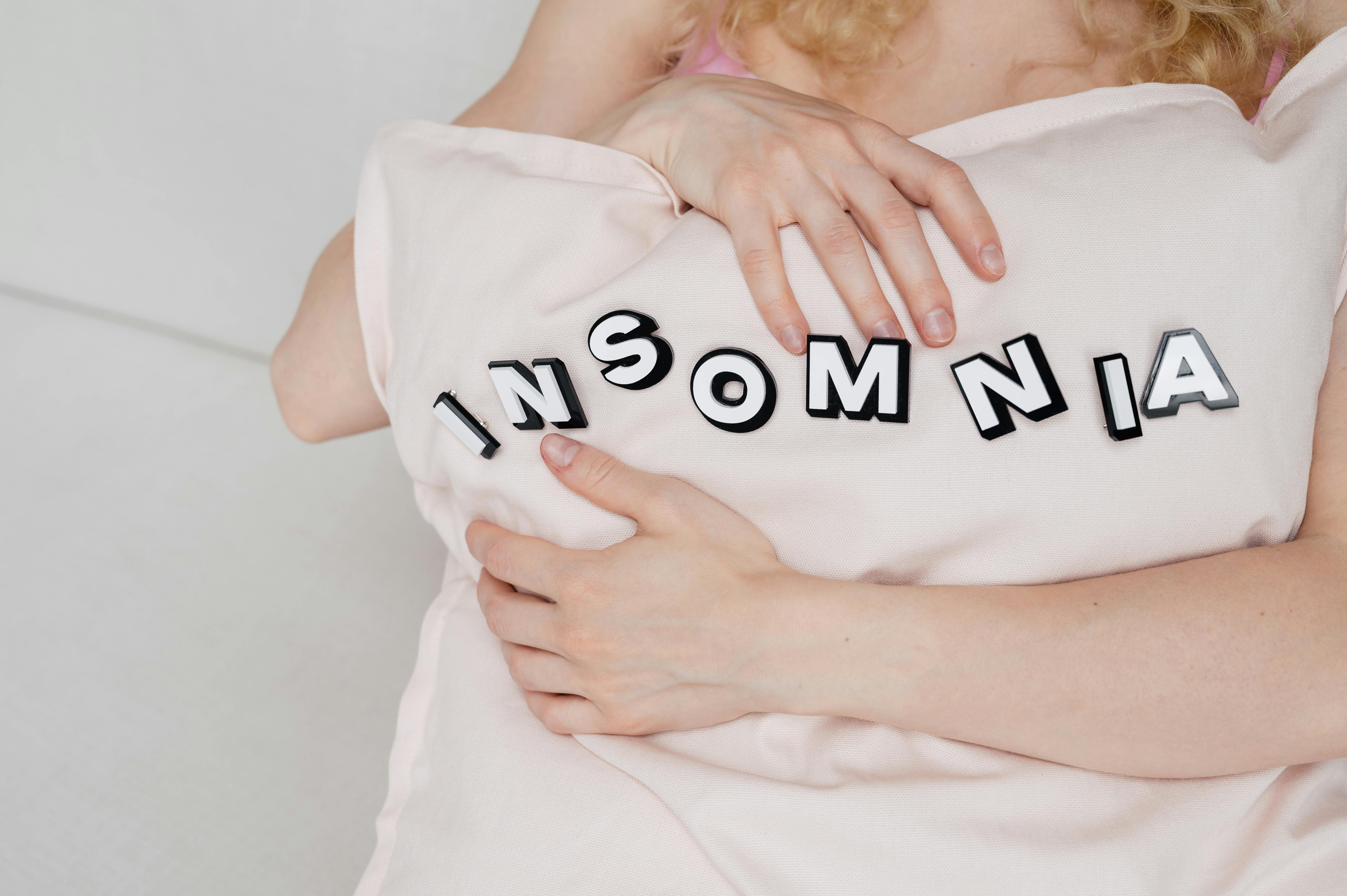Freedom of speech is a cherished value many Americans believe is fundamental to democracy. It allows citizens to express their opinions without worrying about retaliation or suppression. In recent years, increasing efforts have been made to suppress citizens, which many believe undermines open discourse. Suppression limits freedom of speech because it silences specific viewpoints while others can prevail. Suppression can control public discourse, suppress individual expression and affect vulnerable communities. At the same time, others feel that a certain degree of suppression is needed to prevent misinformation and harmful content from being accessible to everyone.
Allowing suppression in America will only let those with authority, whether government or private control how public discourse is handled. This control of power will reduce citizen’s rights to privileges. In countries like Russia, China, and North Korea public opinions are controlled by the government. According to the American Enterprise Institute Organization in China, there are programs called “The Great Firewall” and “The Golden Shield” that suppress content on the internet. The website says that the Chinese Communist Party considers the truth too dangerous for citizens. This means they are shaping narratives domestically and globally, which is a form of suppression. Although the United States is a democratic nation whose government does not suppress to that extent, allowing similar power to private authorities could make our society similar to places with restrictive rules.
Diverse opinions and viewpoints offer multiple ideas to thrive at once, which is what the United States thrives off of. American citizens are allowed to debate, challenge societal norms, and offer new perspectives in person and online. Suppression can stifle all of this and limit individual expression. According to Pew Research Center social media algorithms tend to give users information that aligns with theirs. Apps like Facebook and X (formerly known as Twitter) use this tactic which is to track their users’ interactions and then give them similar content. According to GCF Global, this is called an echo chamber effect. This cuts down on the type of content that users are exposed to which limits their knowledge and leaves no room for critical thinking. The suppression of individual expression is not only online but in person with the book bans in schools in America. According to the American Library Association, the books that are banned discuss gender, race, and LGBTQIA+ issues. Suppressing these real individual encounters, books and ideas prevents students from learning different experiences and diverse ideas.
Marginalized vulnerable communities already have to deal with getting the short hand of the stick in life. Typically these communities consist of LGBTQIA+, people of color, and single-parent households. If the people in these communities experience any form of suppression it can silence their voices. An example of this occurring was during the 2020 Black Lives Matter (BLM) when online platforms like TikTok censored posts about racial justice while harmful content was displayed as stated by Consumer News and Business Channel. Then with LGBTQIA+ creators on YouTube, they are saying that their videos about sexual orientation and gender identity have been demonetized as sourced from Business Insider. Which limits who can see their content and their income. Likewise, single-parent households, whose personal financial problems have been flagged as controversial or sensitive on public platforms like X. These forms of suppression put a pause in the visibility of these communities and implied to marginalized communities that their stories are not important.
Despite this, many people believe that a degree of suppression is needed at times, as it can be used to hide misinformation or harmful content. The Pew Research Center says that most Americans like this idea of the U.S. government and tech companies restricting online content. A survey conducted by PRC in June 2023, found that 55% of U.S. adults support this. However, giving the government and tech companies too much sovereignty can limit free expression. While misinformation and harmful content should be hidden or fact-checked, constantly attacking certain content could lead to it just moving to a different platform with fewer restrictions. This will make the content accessible to impressionable people who take things at face value as argued by the Cato Institute about COVID-19. So suppression might seem like a quick way to handle these two problems, but it can actually just weaken the fundamentals of democracy.
The intent of suppression aims to shield the public from misinformation or harmful content, but it poses a risk to democracy. It is important to foster an environment that encourages free expression and critical thinking to citizens. This way everyone in America can thrive to preserve a healthy democracy.




